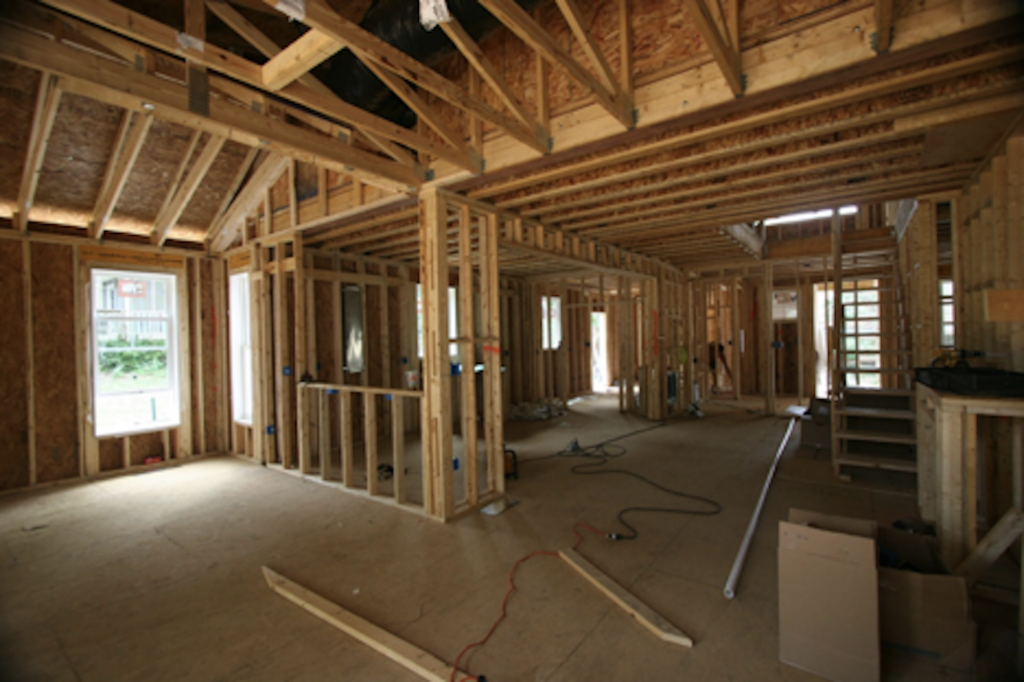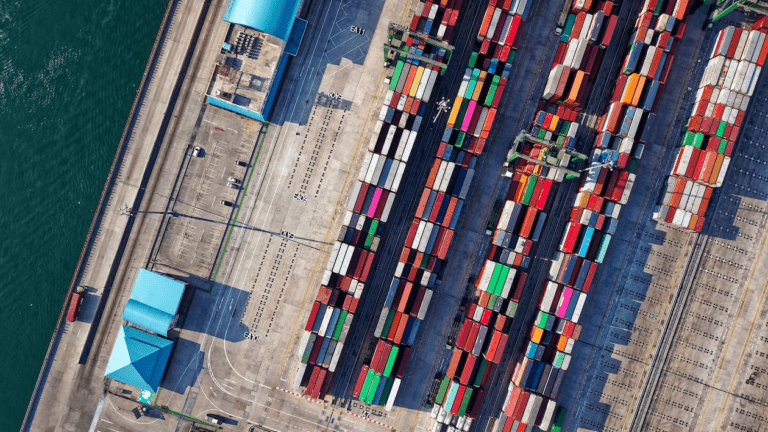The Important Role of Technology in Modern Construction Project Management
In the rapidly changing world of construction project management, it’s become crucial to adopt technology for boosting efficiency, productivity, and achieving successful project results. Technology has a central role in simplifying procedures, improving communication, and enabling data-driven choices.
This article will take a look at the diverse ways technology is transforming modern construction project management, from digital tools and software to using Building Information Modeling (BIM) and drones. We’ll discuss the advantages technology provides to construction projects and how it equips project managers to tackle obstacles and effectively accomplish project goals.
The Important Role of Technology in Modern Construction Project Management
Enhanced Planning and Design
Technology has revolutionized the planning and design phase of construction projects. Building Information Modeling (BIM) has emerged as a powerful tool, enabling project managers to create 3D digital representations of the entire project, integrating various design disciplines and identifying potential clashes or conflicts. BIM allows for better visualization, collaboration, and coordination among project stakeholders, leading to improved project outcomes and reduced rework.
Furthermore, computer-aided design (CAD) software enables precise and detailed architectural and engineering drawings, facilitating accurate measurements and specifications. Virtual reality (VR) and augmented reality (AR) technologies offer immersive experiences, enabling stakeholders to visualize designs and make informed decisions before construction begins.
Streamlined Communication and Collaboration
Efficient communication and collaboration are critical in construction project management. Technology has transformed these aspects, breaking down communication barriers and connecting project teams in real-time. Cloud-based project management platforms provide a centralized hub for storing and sharing project information, documents, and communications, fostering collaboration among dispersed teams.
Mobile applications and software solutions allow project managers and team members to access project-related information, updates, and communication from anywhere, at any time. Instant messaging and video conferencing tools facilitate seamless communication, enabling swift decision-making and issue resolution.
Advanced Project Monitoring and Control
Technology offers powerful tools for monitoring and controlling construction projects. Construction project management software provides real-time visibility into project progress, including timelines, milestones, and critical tasks. Project managers can track and manage project schedules, allocate resources efficiently, and monitor project costs.
Construction job costing software has emerged as a valuable tool for project managers, providing accurate financial insights and enabling comprehensive cost tracking throughout the lifecycle of construction projects.
Sensor-based technologies, such as Internet of Things (IoT) devices, enable the collection of real-time data on various project aspects, including equipment performance, environmental conditions, and safety metrics. This data allows project managers to proactively identify and address potential issues, optimize resource allocation, and ensure compliance with safety standards.
Improved Safety and Risk Management
Technology has significantly enhanced safety and risk management in construction projects. Wearable devices equipped with sensors and GPS tracking enable real-time monitoring of workers’ health and safety conditions. They can detect and alert project managers to hazardous situations, such as falls or excessive exposure to certain substances.
Additionally, drones equipped with high-resolution cameras and sensors offer aerial surveys and inspections, minimizing the need for manual, high-risk inspections. Drones can assess construction progress, monitor site conditions, and identify potential safety hazards.
Data Analytics and Decision-Making
Technology empowers project managers to make data-driven decisions by leveraging advanced analytics. By collecting and analyzing project data, including cost estimates, schedules, and performance metrics, project managers can gain valuable insights into project performance, identify trends, and make informed decisions to optimize project outcomes.
Predictive analytics tools can forecast potential risks and issues, enabling proactive mitigation strategies. Machine learning algorithms can analyze historical project data to improve project estimates, timelines, and resource allocation.

Incorporating technology into the management of construction projects has completely transformed the field, creating exciting new possibilities for streamlining processes, enhancing teamwork, and making educated decisions. By utilizing digital tools, data analysis, and groundbreaking tech, project managers can tackle challenges, minimize hazards, and ensure that projects are finished on schedule and within the allocated budget.
Adopting technological advancements and modern machinery from Boom & Bucket is a vital strategic move for construction project managers who want to remain competitive and excel in the constantly changing world of construction.









